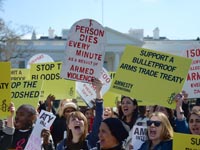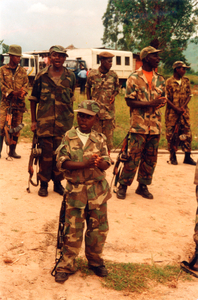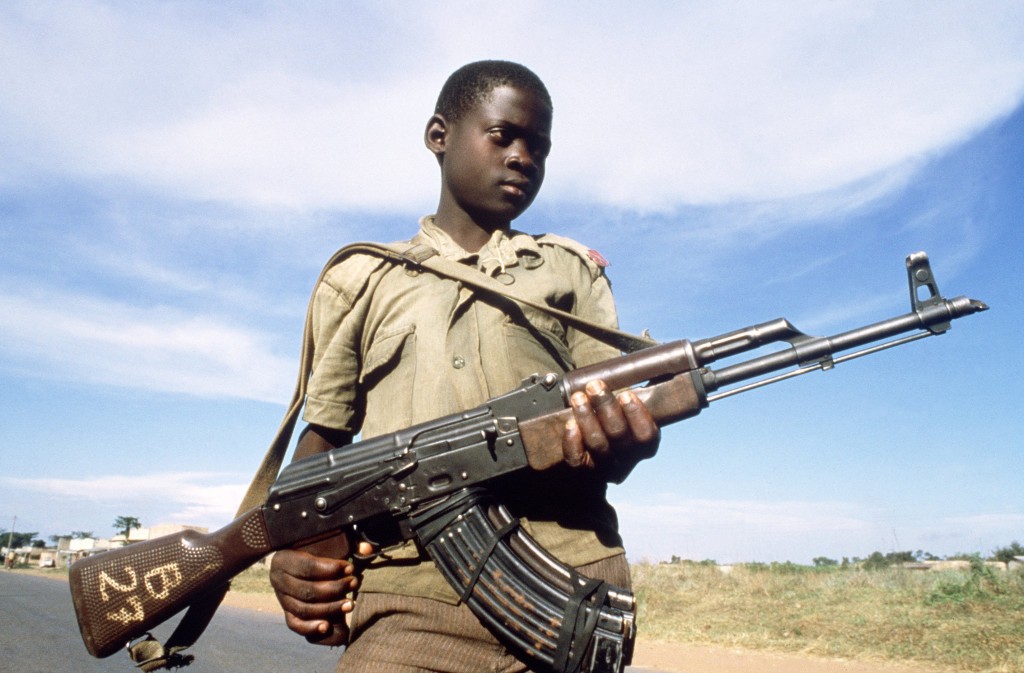By Susan Waltz and Nate Smith, Amnesty International USA’s Military, Security and Police Transfers Coordination Group
Yesterday, states that gathered to negotiate a text for an Arms Trade Treaty fell short of their goal. The rules of the negotiating conference required consensus on the text of the treaty, and this consensus was blocked by Iran, Syria and North Korea. This development need not be seen as a failure, however – as a delegate from the U.K. put it, this is only delayed success. Soon, the UN General Assembly will take up the treaty, likely in current form, and subject it to a majority vote. It will almost certainly pass this vote, at which point it will be open for signatures and ratification, and it will enter into force at the 50th ratification.




